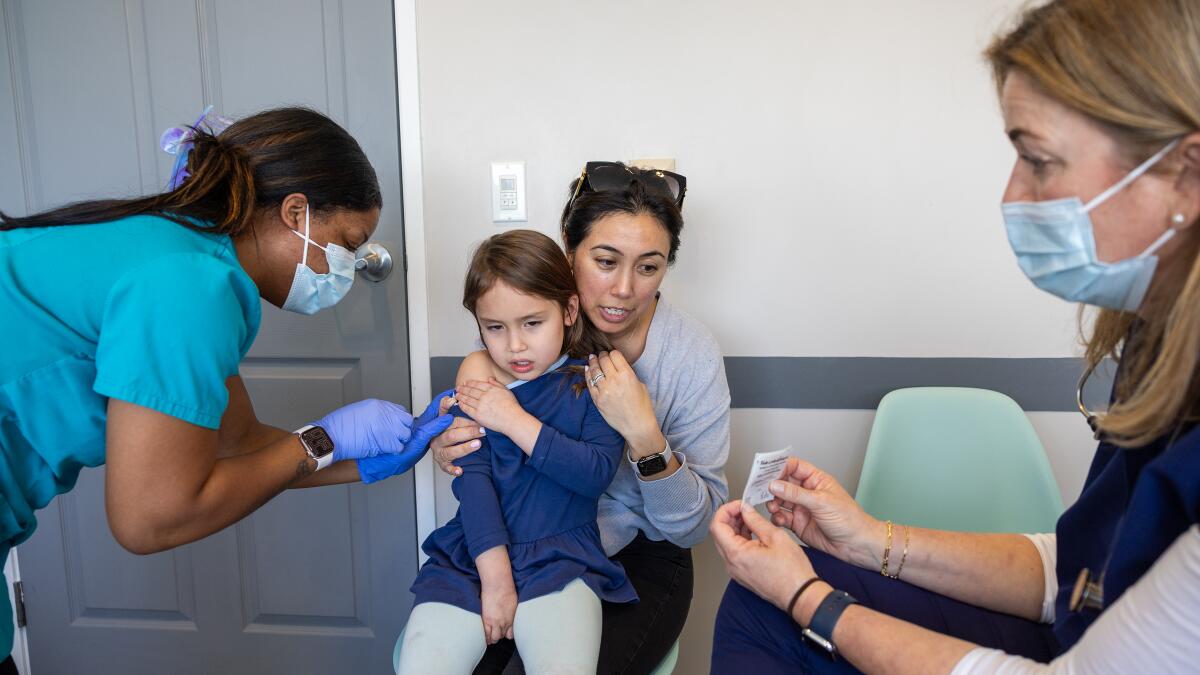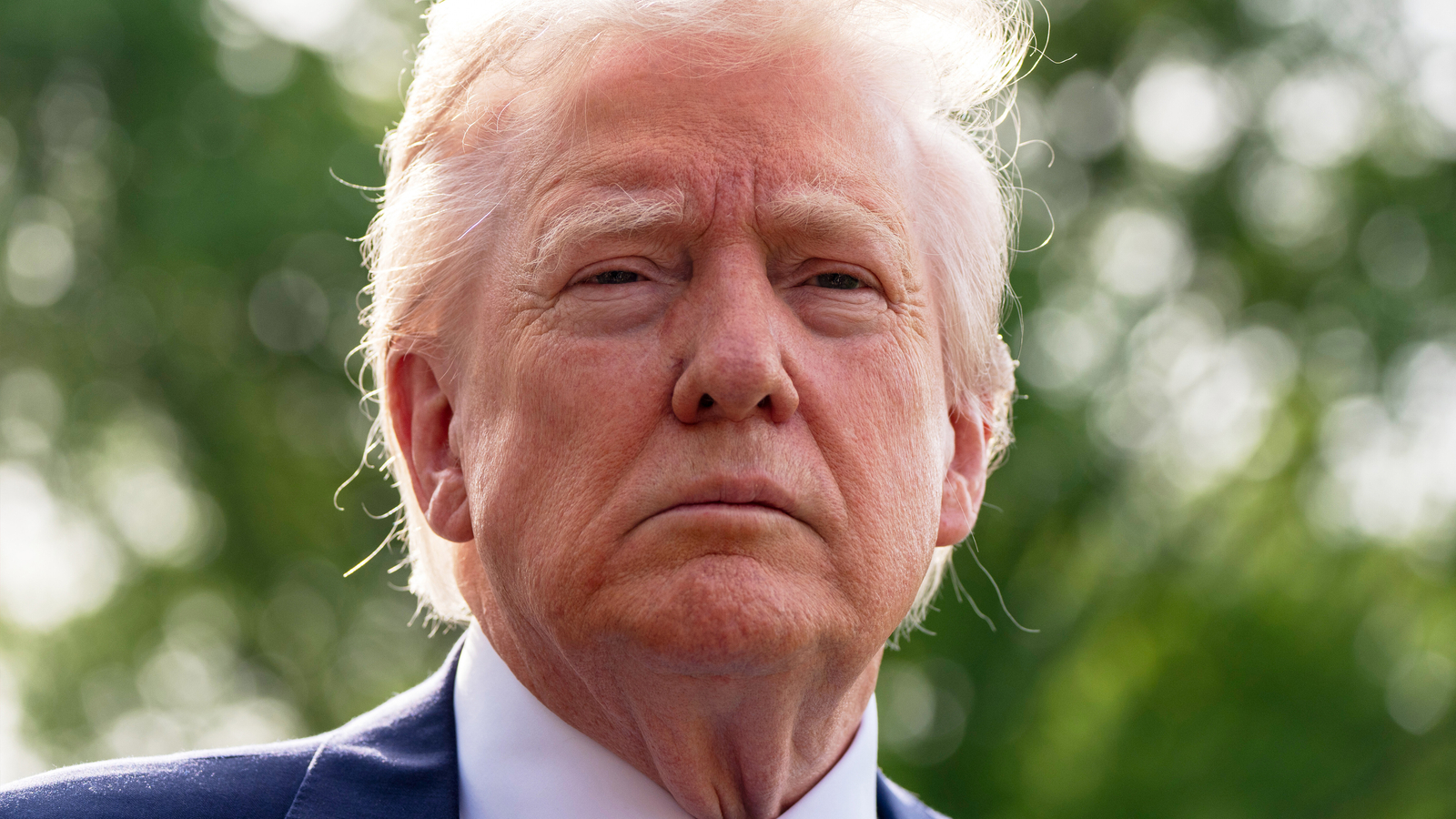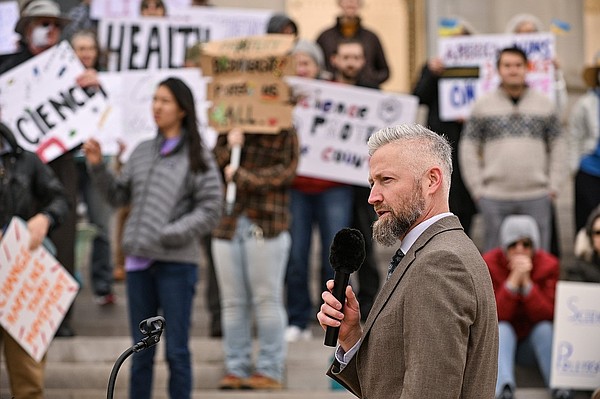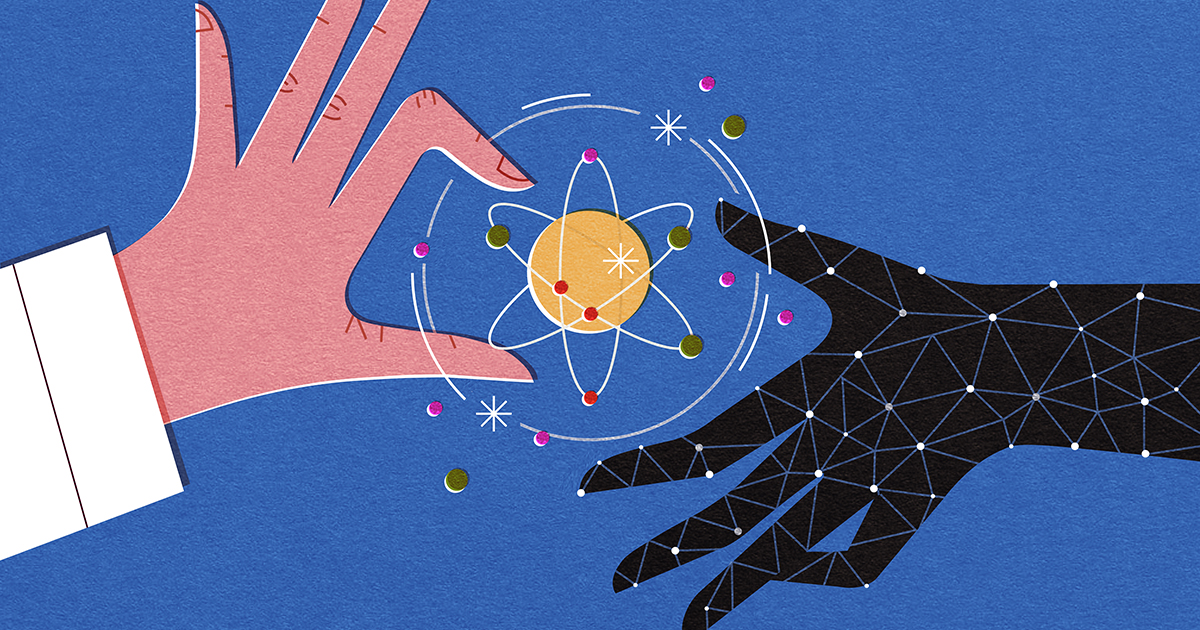Measles Resurgence: America Teeters on the Brink of a Public Health Crisis
Science
2025-04-25 10:00:04Content

A stark warning from medical researchers suggests that measles, a disease once declared eliminated in the United States in 2000, could potentially become endemic again within the next quarter-century if current vaccination trends continue.
The alarming prediction stems from a comprehensive study highlighting the critical importance of maintaining high vaccination rates. Researchers have found that declining immunization levels are creating vulnerable pockets in population immunity, which could allow the highly contagious virus to re-establish itself across communities.
Measles, known for its rapid transmission and serious health complications, was successfully pushed to the margins of public health through widespread vaccination efforts. However, the recent rise of vaccine hesitancy and misinformation threatens to unravel decades of public health progress.
The study emphasizes that consistent and widespread vaccination is the primary defense against potential measles resurgence. Even small drops in immunization rates can create significant risks, potentially exposing entire communities to outbreaks that were once considered a distant memory.
Public health experts are urging parents, healthcare providers, and policymakers to remain vigilant and prioritize childhood immunization programs to prevent this potential health crisis from becoming a reality.
Resurgence of Measles: A Ticking Time Bomb in Public Health
In the intricate landscape of modern healthcare, a silent threat looms on the horizon, challenging the medical community's hard-won victories against infectious diseases. The potential return of measles—a once-vanquished public health menace—represents a critical inflection point in our collective immunological defense strategy.Unraveling the Imminent Threat: Vaccination Rates and Endemic Potential
The Historical Context of Measles Eradication
The year 2000 marked a pivotal moment in epidemiological history when the United States declared measles effectively eliminated. This triumph represented decades of rigorous vaccination campaigns, public health interventions, and scientific innovation. However, the current landscape suggests a potentially alarming reversal of this remarkable achievement. Epidemiologists and infectious disease specialists have been meticulously tracking vaccination trends, revealing a disturbing pattern of declining immunization rates. The fragile equilibrium that once protected communities is now showing significant fractures, potentially setting the stage for a widespread resurgence of this highly contagious viral infection.Computational Modeling and Predictive Epidemiology
Advanced computational models developed by leading research institutions have generated sobering projections. These sophisticated algorithms suggest that if current vaccination trends persist, measles could transition from a rare occurrence to an endemic condition within the next quarter-century. The mathematical models incorporate complex variables including population density, vaccination coverage, transmission dynamics, and regional immunization disparities. Each simulation reinforces the potential for a significant public health challenge, underscoring the critical importance of maintaining robust immunization strategies.Societal and Immunological Implications
The potential re-emergence of measles extends far beyond mere medical statistics. It represents a profound challenge to community health infrastructure, healthcare systems, and societal resilience. Vulnerable populations—including infants, immunocompromised individuals, and those unable to receive vaccinations—stand to bear the most significant risk. Immunological experts emphasize that herd immunity, a critical defense mechanism, requires consistently high vaccination rates. The current trajectory suggests a gradual erosion of this protective collective shield, creating potential pathways for viral transmission and community spread.Psychological and Cultural Dimensions of Vaccine Hesitancy
Underlying the statistical projections are complex psychological and cultural narratives surrounding vaccination. Misinformation, social media echo chambers, and deeply entrenched skepticism have contributed to declining immunization rates. Researchers are increasingly focusing on understanding the nuanced factors driving vaccine hesitancy. These investigations reveal a multifaceted landscape of fear, mistrust, and misunderstanding that transcends simple educational interventions.Technological and Medical Countermeasures
The medical community is not passive in the face of this potential resurgence. Cutting-edge research focuses on developing more targeted, efficient vaccination strategies. Innovations in vaccine delivery, enhanced immunological tracking, and personalized medical approaches offer promising avenues for mitigating potential outbreaks. Emerging technologies like machine learning-driven predictive modeling and advanced genetic sequencing provide unprecedented insights into viral transmission patterns and potential intervention strategies.Global and Local Policy Implications
The potential measles resurgence demands a comprehensive, multi-level policy response. Public health authorities, governmental agencies, and medical institutions must collaborate to develop robust, adaptive strategies that address both immediate immunization challenges and long-term systemic vulnerabilities. International cooperation, knowledge sharing, and coordinated vaccination campaigns will be paramount in preventing a potential public health crisis.RELATED NEWS
Science

Science Under Siege: Trump Team Moves to Dismantle EPA's Research Foundation
2025-03-18 02:15:56
Science

Nudge Theory Takes Flight: Transforming Travel Habits for a Greener Planet
2025-04-30 09:09:50






